Ultimate Guide: 14 Proven Strategies to Boost Your Child's Math Skills for Kids
Ultimate Guide: 14 Proven Strategies to Boost Your Child's Math Skills for Kids
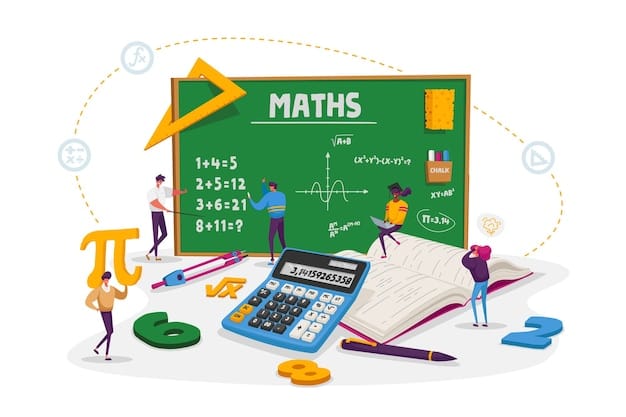
Math isn’t just numbers—it’s the foundation for real-life problem-solving and critical thinking. Yet, too many kids find themselves lost in a sea of formulas and dry lessons. That’s why I've put together 14 authentic, step-by-step strategies designed to make math engaging and fun—from basic arithmetic to advanced calculus.
Why Math Skills Are Important for Kids Today
Math is more than just numbers—it’s a crucial skill in daily life. Whether it’s using a math calculator to check an equation or understanding scientific notation, mastering math topics like algebra, geometry, and even advanced calculus is essential.

14 Strategies to Boost Math Skills
Use Visual Learning Tools
Math comes alive with visuals—charts, number lines, and diagrams turn abstract angles and functions into a fun, easy-to-digest masterpiece!
Incorporate Math into Daily Life
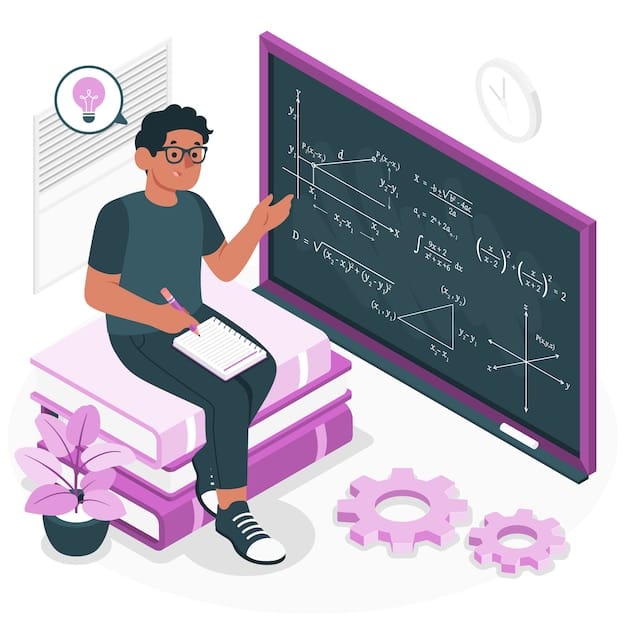
Spice up daily life with math—cook, shop, and budget your way to success! Counting coins, measuring recipes, and timing trips turn everyday chores into fun math adventures.
Make Math Fun with Games and Activities
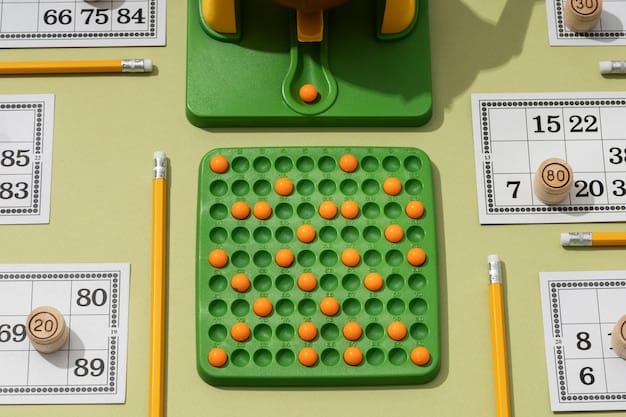
Turn math homework into playtime with games like Sudoku, Prodigy, and Math Bingo that boost problem-solving skills. And with Photomath offering instant answers and step-by-step tips, even the toughest problems turn into fun puzzles!
Encourage a Growth Mindset in Math
Many children struggle because they think they’re “not good at it.” Encouraging a growth mindset—where every mistake is a learning opportunity—builds confidence and reduces math anxiety.
Leverage Online Math Resources
Interactive platforms like Khan Academy, CodeYoung, and Mathletics offer structured lessons, quizzes, and exercises tailored to various math topics.
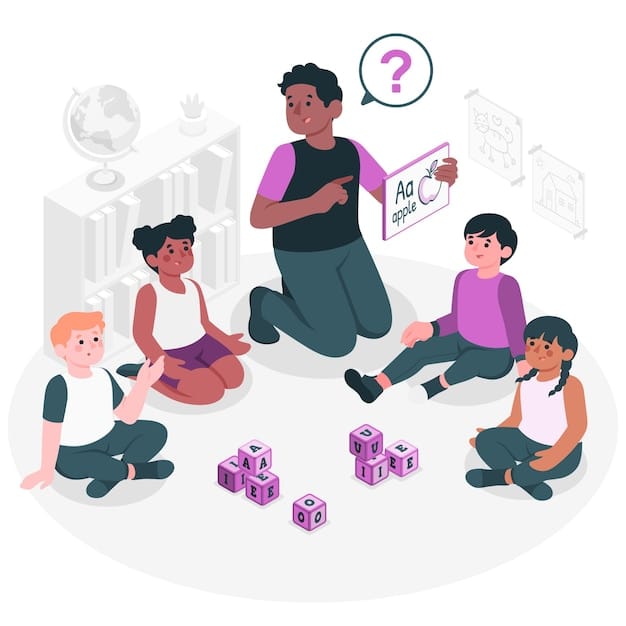
Practice Mental Math Regularly
Mental math sharpens problem-solving skills and improves calculation speed. Regular practice, whether using a dedicated math app or a simple math calculator, etc.

Teach Problem-Solving Strategies
Instead of just memorizing formulas, teaching children how to solve problems with clear, step-by-step explanations enhances critical thinking.
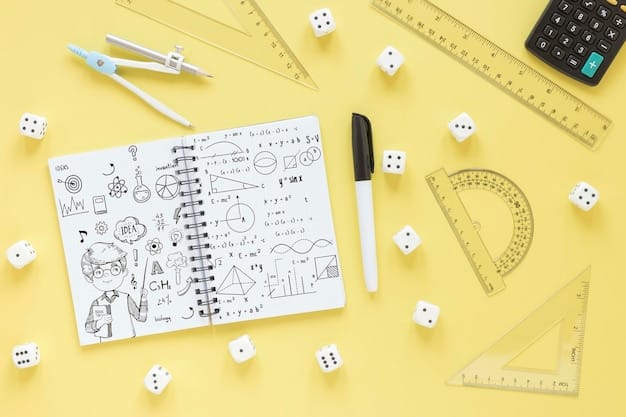
Set Realistic Goals for Math Improvement
Small wins, big smiles! When kids master multiplication or basic algebra in a month, it fuels motivation. Celebrate with quizzes and fun activities, turning homework into an engaging adventure!
Create a Distraction-Free Study Space
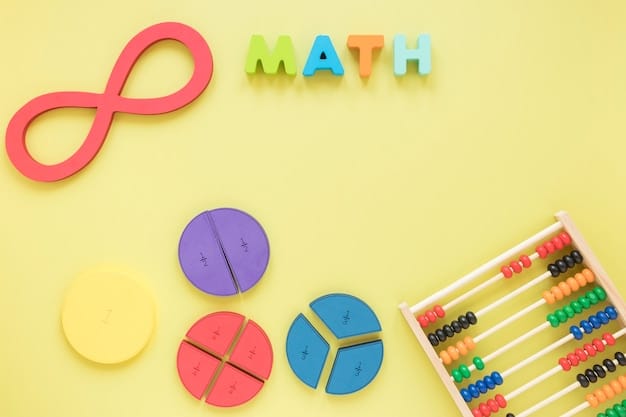
Create your own math command center—a quiet, clutter-free zone with your calculator and textbooks at the ready. Here, distractions vanish and math problems get solved in style!
Join Codeyoung’s Math Tutor for Personalized Support
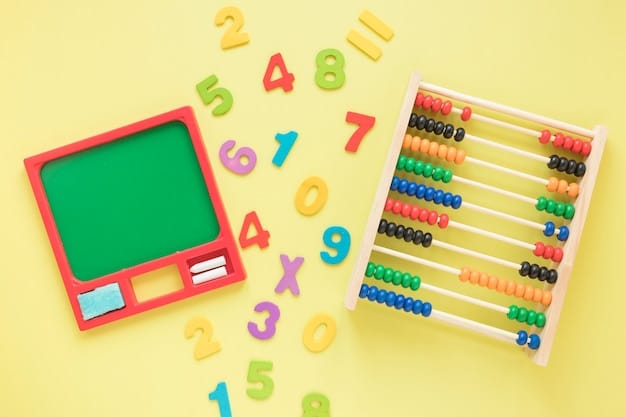
At CodeYoung, we know math isn’t one-size-fits-all. Our expert tutors create personalized lessons just for you—whether you’re mastering basic arithmetic or tackling advanced calculus. We break down every concept with clear, step-by-step guidance, turning even the toughest problems into fun challenges.
Collaborate with Teachers to Address Gaps
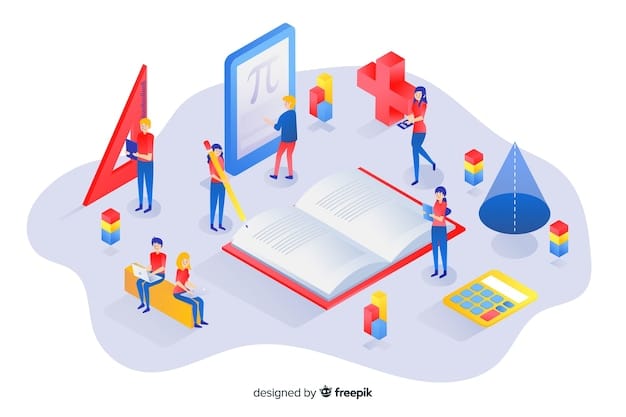
Working closely with teachers helps identify weak areas. Parents can then reinforce these concepts at home using additional exercises, quizzes, and visual aids.
Reward Effort, Not Just Results
Reward systems and fun quizzes provide immediate feedback and further reinforce the importance of continual practice.
Develop Strong Foundational Skills
Strengthening foundational skills, including basic algebra and basic arithmetic, prepares learners to handle advanced topics like calculus and solve equations with precision.
Monitor Progress and Adjust Strategies
Assessing progress regularly through quizzes and practice tests helps identify areas for improvement. Parents and teachers can adjust learning strategies by tracking progress and using various math calculators and problem-solving techniques.
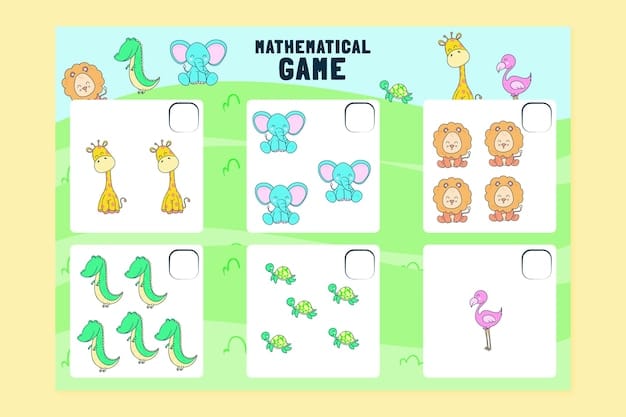
The Role of Codeyoung’s Tutors in Helping Kids with Math
CodeYoung offers structured online math courses designed to enhance understanding and boost confidence. Interactive lessons, expert tutors, and personalized learning approaches provide targeted support to help students tackle math topics—from solving basic arithmetic and algebra problems to mastering advanced calculus and complex math problems.
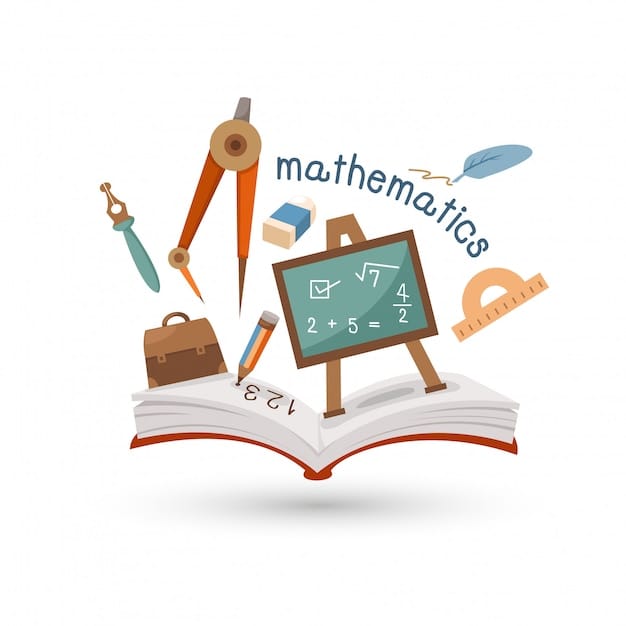
CodeYoung’s platform integrates key features like step-by-step explanations, accurate solutions, and visual aids. With easy access points to resources in multiple languages, including Spanish and German, millions of learners can scan and input problems for quick answers, ensuring every student gets the math help they need.
Conclusion
Building strong math skills is a mix of patience, practice, and the right tools. Whether you're crunching numbers on a calculator, diving into textbooks, or tapping into interactive apps, these tips help you crack problems, master topics, and enjoy the ride.
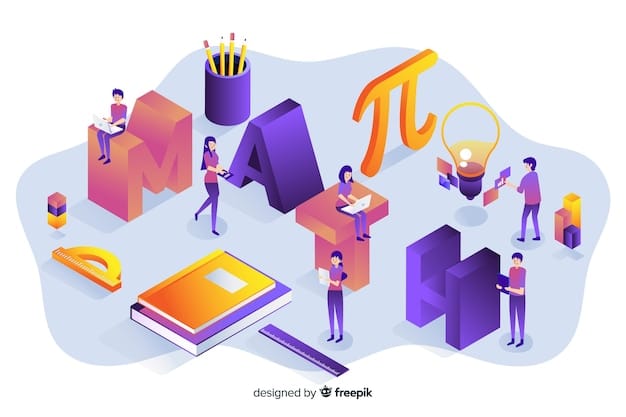
Math Skills for Kids - FAQs
Why is it important to understand how math is taught now?
Math education has evolved, incorporating technology and interactive approaches that offer help in math.
What are signs a child needs math help?
Struggling with the basics, avoiding math tasks, and showing low confidence in solving math problems indicate that a child may need extra support.
What activities improve a child's math ability?
Engaging in math games, hands-on activities like measuring and budgeting, and using flashcards or online links can enhance math skills.
What are the best ways to help with math at home?
Setting up a structured study routine, using online resources, hiring a tutor, and using tips on making homework engaging with fun examples and visual aids can be very effective.
Are games and apps effective for struggling kids?
Yes, interactive games and math apps provide an engaging way to practice concepts, reinforcing skills through repetition and quizzes.
How does regular practice influence math ability?
Using a math calculator, scanning problems with Photomath, and inputting answers into practice tools help learners master math topics over time.
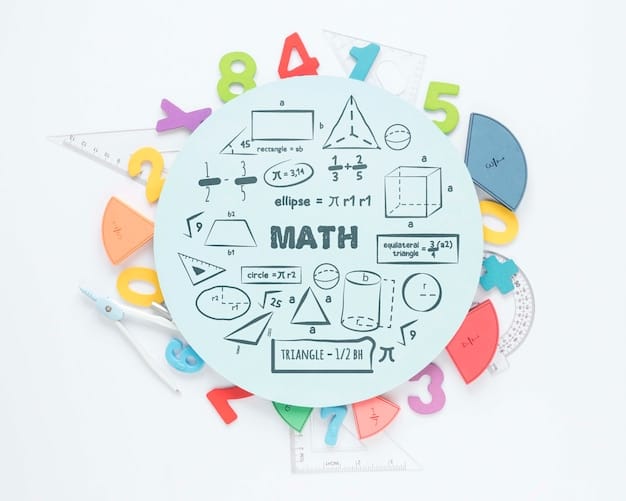
What role does technology play in learning math?
Tools like advanced math calculators, visual aids, and detailed explanations help students explore ideas and deeply learn math concepts.
How can parents determine the best math help approach?
Observing a child’s learning style, identifying weak areas, and combining visual aids with detailed and accurate step-by-step explanations can help parents choose the most effective method.
Comments
Your comment has been submitted